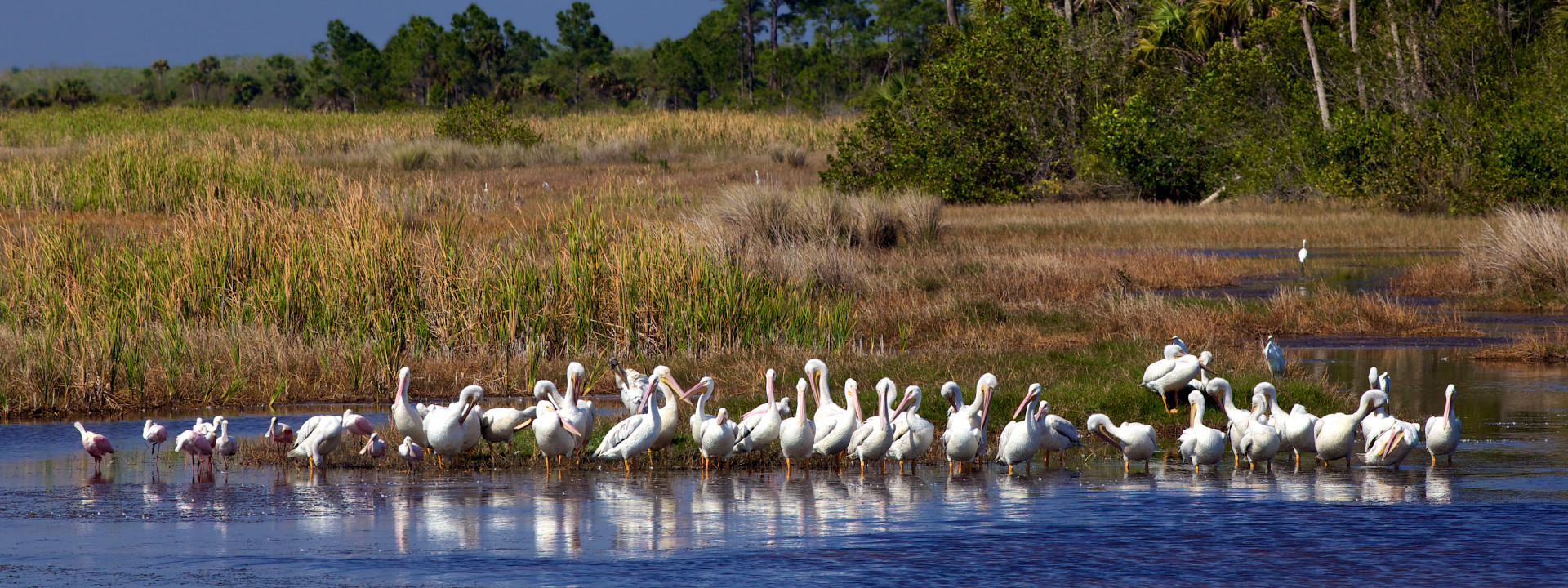Assembling the expert team
Demonstrating the power of collaboration, we assembled a project team of 21 people from more than six different GHD offices across North America to work on this historic project.
The team included technical leaders, subject matter experts, and biologists who set out to address more than 236 threatened and endangered species that live in various ecosystems across Florida. We also coordinated and consulted with staff at numerous state and federal agencies.
The team worked to deliver the draft of the assessment to the FDEP within three months of the notice to proceed. It is believed to be the second-largest programmatic biological assessment prepared in the United States.
Balancing environmental protection with economic development
The successful completion of the assessment was a key component for the FDEP to request administrative authority. As of December 2020, the FDEP is one of only three states with the ability to autonomously administer state wetland permits in accordance with the Clean Water Act.
This action is monumental in supporting the health of Florida’s waters, residents, and economy. The State’s wetlands are a valuable resource – safeguarding communities against the effects of climate change, supporting wildlife habitat, providing tremendous water quality benefits, and mitigating against flooding. Sustaining protections on these diminishing resources will have knock-on benefits for local business, employment, property and tourism.
Not only will this landmark project enable Florida to streamline critical restoration projects, but it will position local environmental experts – with a vested interest in and intimate knowledge of the State’s natural resources – at the helm.

